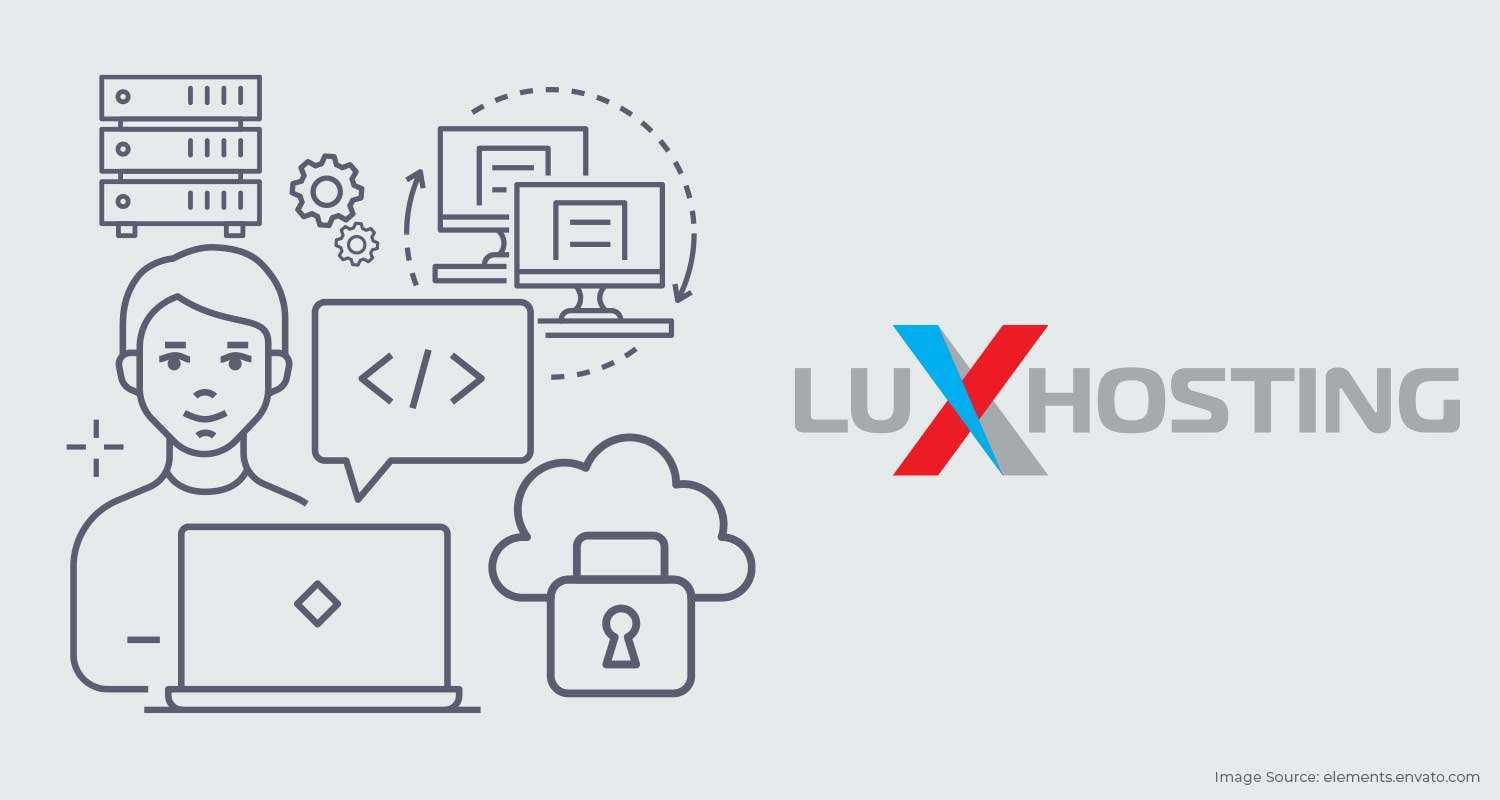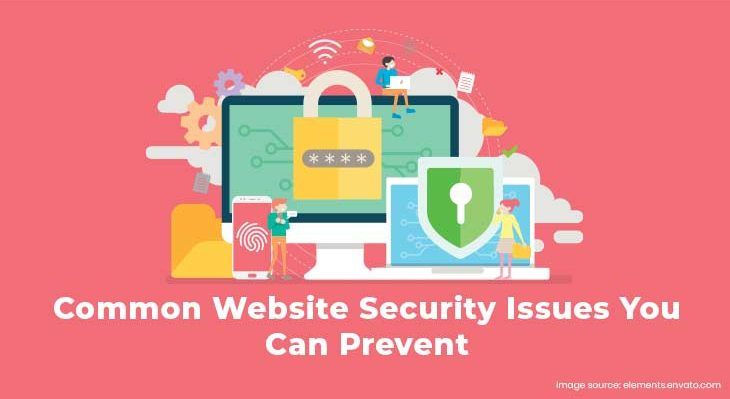Certainly much thought and work must have gone into the building of your website. The look, the feel you wanted for your visitors, how the media and text content connects with your audience, the reach you intend to have and how profitable your product and/or services will be. The same consideration ought to be taken to select a reliable web host.
Over 25 thousand websites are hacked daily (James Lyne, Forbes Magazine). Over time some of these hacked websites would include some of the big players in the game such as Home Depot, Target, Amazon etc. A proper fix for hacking is not one where you snap a finger and it’s solved, however for web hosting platforms, data security and performing backups should be a significant part of the service they offer. With that said, let’s explore 8 tips you ought to know when choosing a reliable web host.
8 tips to choose a reliable web host for your site

1. Be clear as to the web host you need
Different websites will require different levels of attention. Some websites will require visitors to upload media, fill out forms and interact with various types of content while some will simply invite visitors to read posted content and navigate through different menus.
Additionally, there are some websites that will generate a larger volume of traffic while some will not. If you can determine what type of site you want to have hosted then this will give you a clear indication as to which type of hosting your website will need. As a side-note, shared hosting plans don’t normally perform well for websites with a large traffic volume.
2. Be clear about the best hosting plan
Slow websites normally have a high bounce rate. There are some hosting plans like shared hosting that come at a low cost that may result in your website experiencing slow speeds. With VPS hosting, for a little more money you are given greater web performance with faster web speeds and a great customer environment.
3. 24/7 Technical assistance is a must
Contacting your web host provider whenever a challenge presents itself is paramount. When choosing a reliable web host, you will need to select a web hosting company that offers 24/7 support. Whether it is via email, phone, live chat or otherwise.
4. Check for security

Hackers don’t take holidays. Websites are vulnerable to attacks hence web hosting companies perform routine security checks and back-ups of client’s data. When choosing a reliable web host, your web hosting company should be able to provide Secure Sockets Layer - SSL certificates so your website is secured. With this level of security, critical functions such as transactions and forms with client’s information will be protected.
5. Bandwidth is your friend

Initially when you launch your website, you may not see the need for much bandwidth however, when your site scales up, more bandwidth will be your friend. In a general sense, you should only get the right amount of bandwidth that your website requires. Choosing a reliable web host would mean that the web hosting company does not restrict you within a certain amount of bandwidth and charge you extra fees for more bandwidth.
6. Checkout web hosting reviews
Third party reviews can come in handy when choosing a reliable web host. More often than not, individuals and companies do share their experience with web hosting companies and it is useful to check what they say. Be keen as to how companies respond to these reviews if any at all as it will speak to their reputation and credibility.
7. Come to terms with the service
Selecting “I agree” with reading the Terms of Service is a routine action by many online users when installing apps. Often many users don’t take time to read the Terms of Service presented by the web hosting company. When choosing a reliable web host, it is important to read the Terms of Service. This way you can find things like refund policies and other crucial information before taking up the service.
8. Cheap is not always good
Choosing a reliable web host may cause one to be tempted in selecting the cheapest plan available. Cheap however does not always mean a good buy. The cheapest option may come along with poor customer service, low performance, slow web load speeds, regular downtime and it associated with unreliability. Spending a bit more may be costly but will provide a number of benefits in the long-term.
Conclusion
Choosing a reliable web host is fundamental to the operation of your web site. The right web hosting solution should provide sufficient components that serve up enough assurance that you feel comfortable to make a solid choice you will be happy with.



